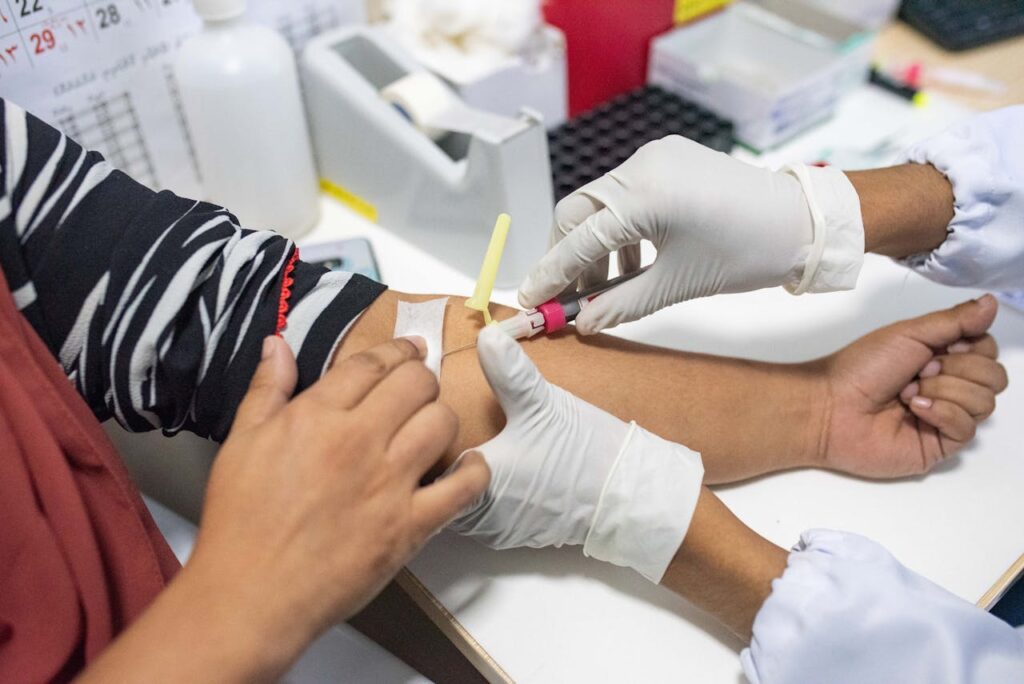Introduction
The convergence of technology and healthcare is rapidly transforming how we prevent, diagnose, treat, and manage diseases. Say’s Dr. Sagy Grinberg, the burgeoning field of MedTech and digital health encompasses a vast array of innovations, from sophisticated medical devices to AI-powered diagnostic tools and telehealth platforms. This dynamic sector is experiencing explosive growth, driven by increasing healthcare costs, an aging global population, and the relentless pursuit of improved patient outcomes. This article will explore some key areas driving this exciting evolution and the significant impact these startups are having on the global healthcare landscape.
1. Artificial Intelligence (AI) and Machine Learning (ML) in Diagnostics
AI and ML are revolutionizing medical diagnostics, offering the potential for earlier, more accurate, and more efficient detection of diseases. Algorithms are being trained on vast datasets of medical images, patient records, and genetic information to identify patterns indicative of various conditions, from cancer to cardiovascular disease. This capability allows for faster diagnosis, potentially leading to earlier intervention and improved treatment outcomes. The development of these AI-powered tools significantly reduces the workload on healthcare professionals, enabling them to focus on more complex cases and patient interaction.
Furthermore, the integration of AI in diagnostic tools isn’t limited to image analysis. AI is being used to analyze patient data to predict future health risks, personalize treatment plans, and optimize drug development. This personalized approach to healthcare is shifting the paradigm from reactive to proactive care, promoting preventative measures and enhancing patient engagement in their health management.
2. Telehealth and Remote Patient Monitoring
The rise of telehealth has been accelerated by recent global events, demonstrating its crucial role in providing accessible and affordable healthcare. Telehealth platforms enable patients to connect with healthcare providers remotely via video conferencing, phone calls, or secure messaging, eliminating geographical barriers and improving access for individuals in rural or underserved areas. Remote patient monitoring (RPM) devices further extend this reach, allowing for continuous tracking of vital signs, medication adherence, and other health parameters.
This real-time data transmission empowers healthcare providers to proactively identify potential health issues and intervene promptly, preventing hospitalizations and improving patient outcomes. The cost-effectiveness of telehealth is also a significant advantage, reducing travel expenses and the overall burden on healthcare systems. This model promotes a more efficient and patient-centric approach to healthcare delivery.
3. Wearable Technology and Personalized Healthcare
Wearable technology, such as smartwatches and fitness trackers, plays an increasingly important role in personalized healthcare. These devices collect data on various physiological parameters, including heart rate, sleep patterns, activity levels, and even blood glucose levels. This continuous monitoring provides valuable insights into an individual’s health and well-being, allowing for early detection of potential health problems.
The data collected by wearable devices can be integrated with other health information, creating a comprehensive picture of the patient’s health status. This personalized approach to healthcare enables tailored interventions and preventive measures, promoting a proactive and patient-centered approach to healthcare management. The growing sophistication of wearable technology, coupled with advanced data analytics, is driving the development of more sophisticated and personalized healthcare solutions.
4. Genomics and Personalized Medicine
Genomics is transforming healthcare by providing a deeper understanding of the genetic basis of diseases. Advances in genomic sequencing are allowing for the identification of genetic variations that increase the risk of developing certain diseases, facilitating earlier intervention and personalized treatment strategies. This personalized approach to medicine is moving away from a one-size-fits-all approach to treatments, focusing instead on tailoring therapies to the individual’s specific genetic makeup.
The ability to predict an individual’s risk of developing specific diseases based on their genetic profile opens up opportunities for preventative measures. Pharmacogenomics, the study of how genes affect a person’s response to drugs, is also revolutionizing drug development and treatment optimization, leading to more effective and safer medications with fewer side effects. This targeted approach enhances the efficacy and safety of treatments.
5. Blockchain Technology and Data Security
The healthcare industry is grappling with the challenges of managing vast amounts of sensitive patient data. Blockchain technology offers a secure and transparent solution for storing and managing this data. Its decentralized and immutable nature ensures the integrity and confidentiality of medical records, protecting patient privacy and promoting trust.
Blockchain can streamline data sharing between healthcare providers, researchers, and patients, facilitating collaborative care and research efforts. By improving data security and transparency, blockchain contributes to a more efficient and trustworthy healthcare ecosystem. This enhanced security bolsters patient confidence and fosters innovation within the healthcare industry.
Conclusion
The convergence of technology and healthcare is driving a profound transformation in how we approach health and wellness. The rapid growth of MedTech and digital health startups is fostering innovation, improving accessibility, and enhancing the quality of care. As these technologies continue to evolve, we can anticipate even more significant advancements in disease prevention, diagnosis, treatment, and management, ultimately leading to healthier and longer lives for individuals worldwide. The future of healthcare is undeniably intertwined with the advancements in technology, and the progress made by these startups is shaping a brighter future for global healthcare.
